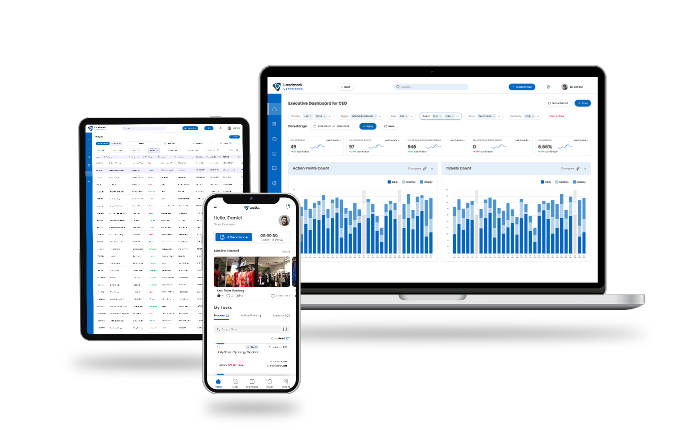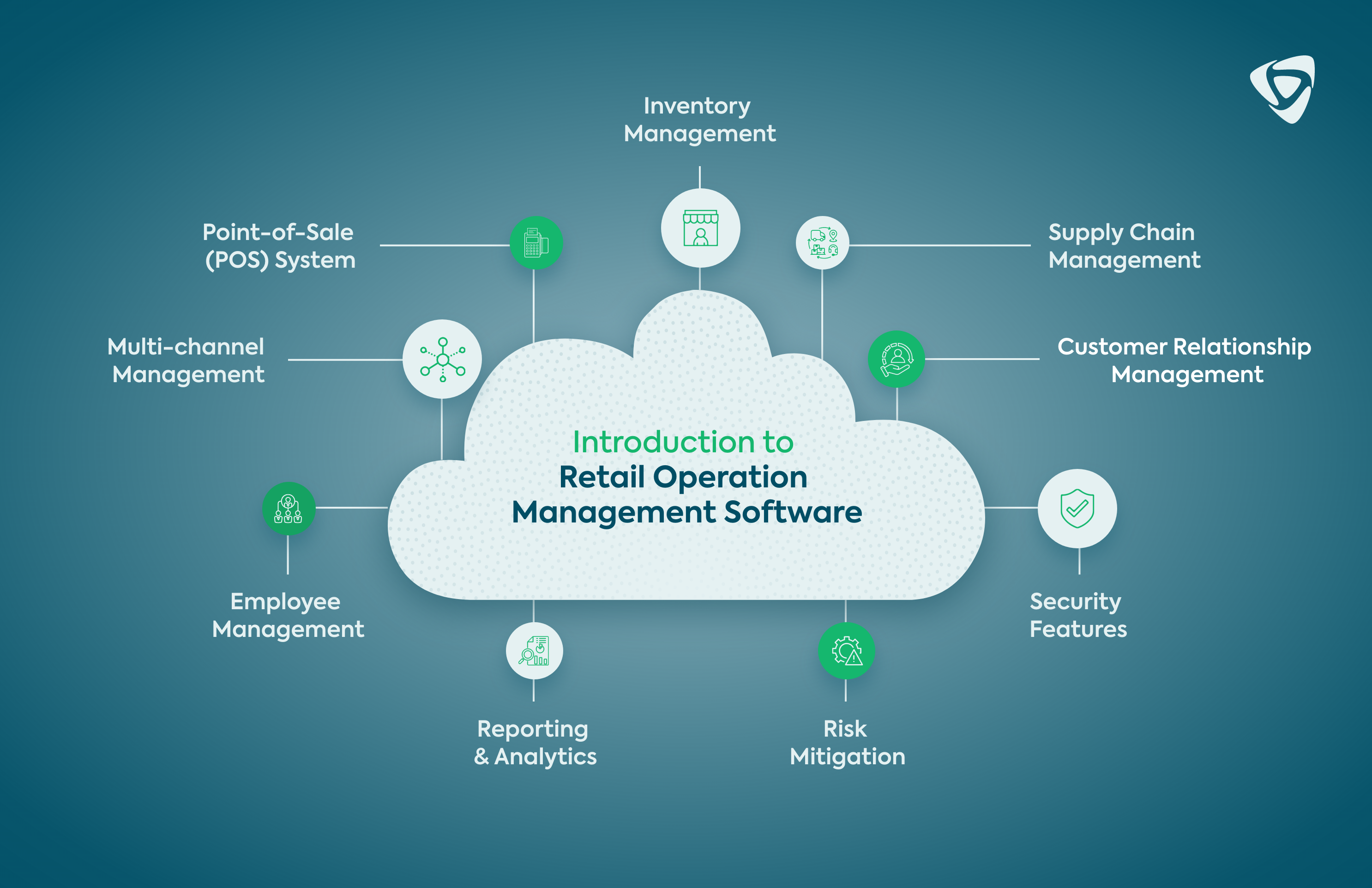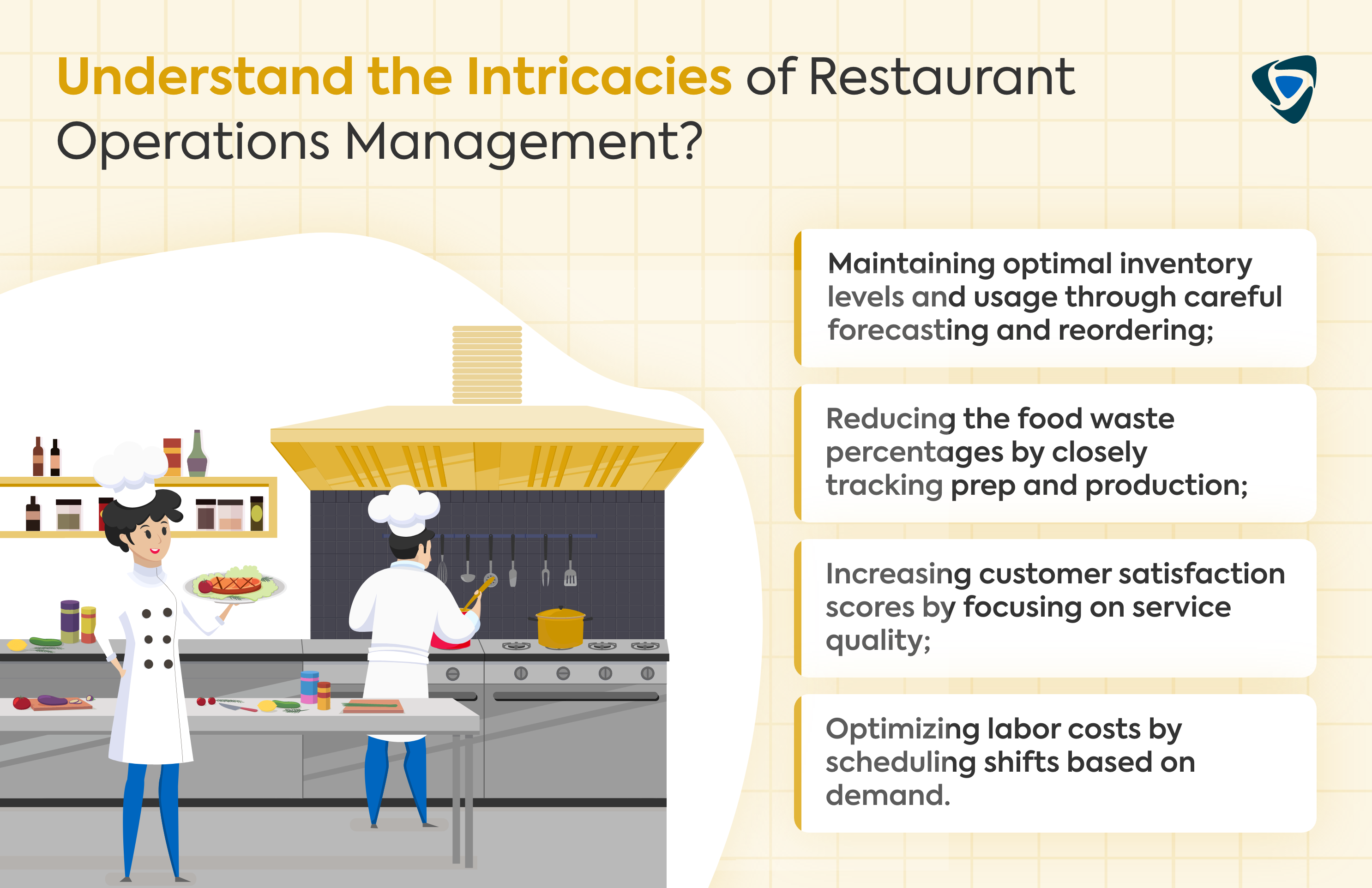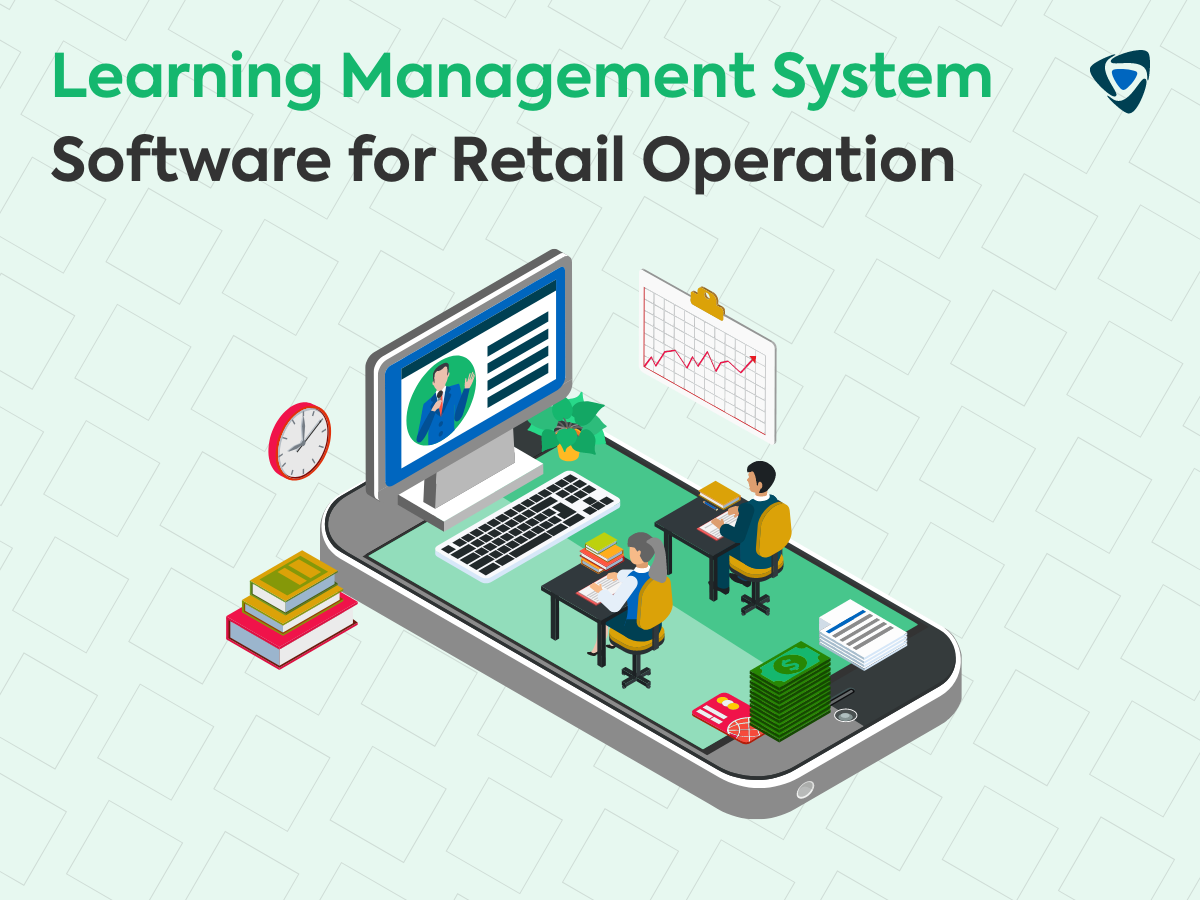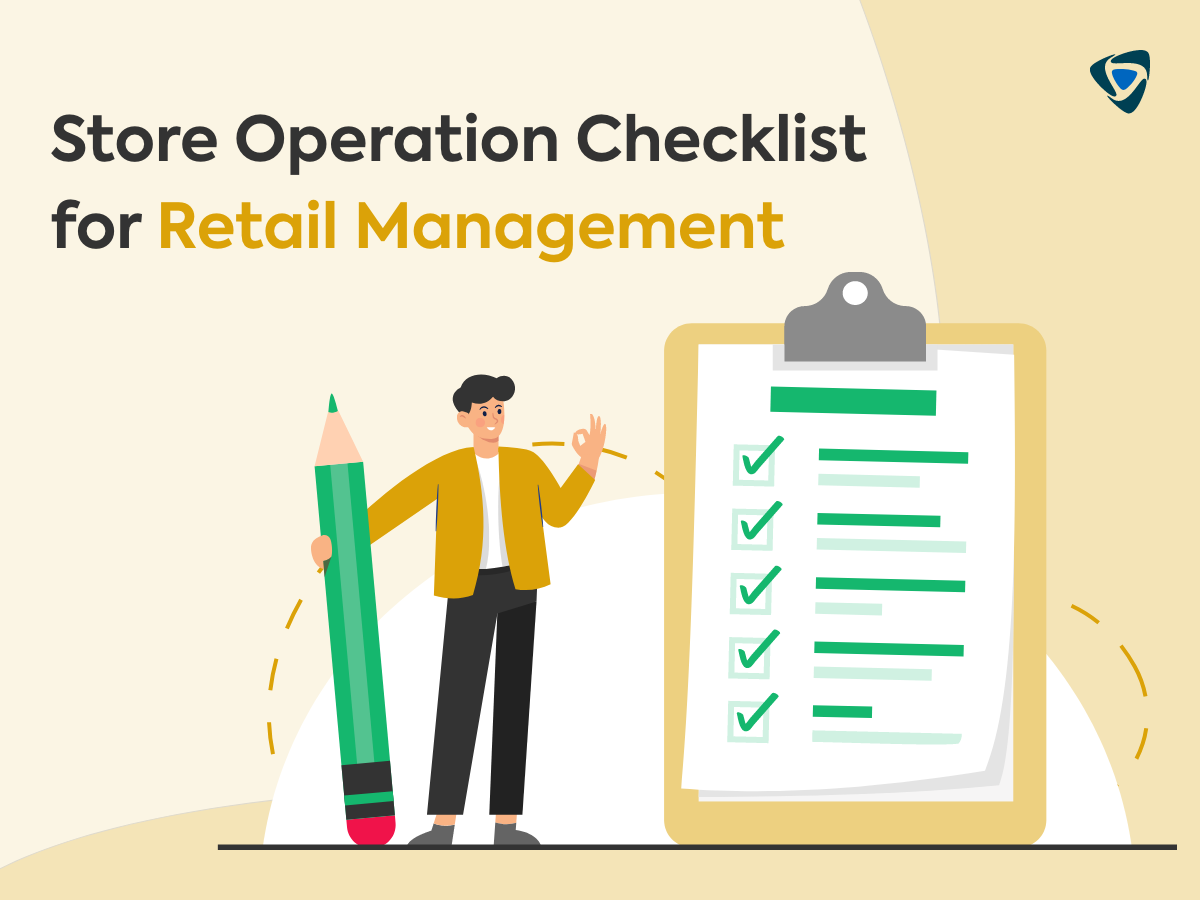Guide
Daily Checklist Software for Retail Operations: What is it, Checklist, Benefits
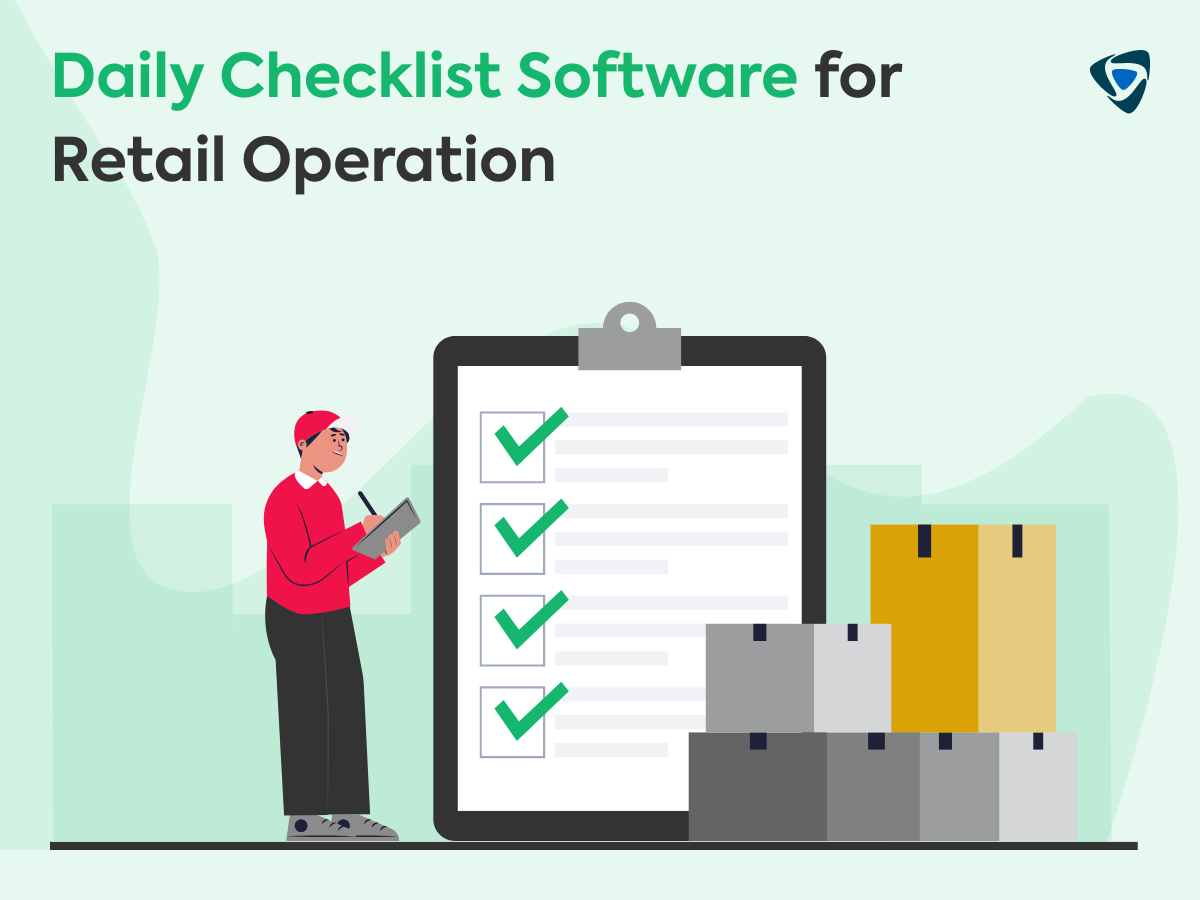
Daily Checklist Software for Retail Operation
Daily checklist software for retail operation is a smart tool for the management of numerous daily operational tasks and processes in a retail environment. Daily checklist for retail operations like Taqtics aids retail stores to maintain consistency across multiple outlets in the fast-paced retail world with the help of technology. This software solution ensures smooth operations across multiple retail store outlets by streamlining operational tasks like opening procedures, closing procedures, visual merchandising execution, attendance, maintenance procedures, and more.
Traditional and manually developed daily checklists aren’t enough anymore which is why we have daily checklist software to help retail businesses stay organized with improved efficiency and consistency in the performance of their retail stores. With the help of a well-built daily checklist software like Taqtics enables you to create, assign, schedule, and monitor tasks at all store locations. Further in the blog, we will discuss in detail daily checklists, their benefits, basic examples of how a retail store’s daily checklist looks, and more.
What is a Daily Checklist?
In simple words, a daily checklist is a tool that is used to keep track of daily chores, assignment completion, work-related tasks, appointments or other duties to be completed daily. A daily checklist can be used personally, professionally or both as the goal is to keep track of everyday tasks. Traditionally, checklists are created on paper and are used to check off every item on the list. However, today people use notes on smartphones, digital sheets, and daily checklist software to list out items and check them.
When it comes to daily checklists in regard to retail store operations, they become one of the must-have and valuable tools that help retail stores ensure that all the duties are being performed consistently, correctly, and efficiently. These daily checklists include several checklists for the day like morning opening checklist, closing checklist, maintenance checklist, security checklist, shift-handover checklist, visual merchandising checklist, store hygiene checklist, and more. Store team members always have a lot of duties and responsibilities, daily checklist software helps to ensure all the tasks are being done correctly on time every day. This helps tremendously in improving the store performance leading to smoother in-s
What are daily operations for a retail store?
Daily operations of a retail store include all the tasks and activities that need to be done on an everyday basis to run a retail store smoothly and consistently. Let us take a look at some of the key tasks involved in the daily operations of retail stores.
- Opening Tasks
The tasks in the opening checklist are the first step of any retail store preparing for a business day. Opening tasks are very important for setting up the store and preparing to offer a seamless customer experience. The opening tasks begin with the store managers unlocking the retail store, inspecting the safety of the store, and ensuring cash balances. Moving on, the store team members get to their tasks of cleaning the store premises, ensuring the promotions are set up as per guidelines, visual merchandising executions, stocking the shelves, and more.
- Closing Store
The tasks in the store closing checklist have all the procedures the store members should complete before wrapping the business day pulling down the shutters of a retail store. Closing procedures and tasks are very important as they ensure the safety and security of the store throughout the night. The main two tasks for the store team members are to balance the cash registers and switch on the security system. They have to ensure that all the products
- Visual Merchandising
Visual Merchandising is one of the crucial factors when it comes to presenting your store. VM execution as per the guidelines, ensuring signages are set properly and promotional materials are set in place is one of the key tasks. Every task that takes care of the overall visual aesthetic of a store is included in the daily checklist.
- Cash management
The handling of daily cash flow and financial system several key tasks which includes efficiently processing cash every day carefully with accuracy. Furthermore, it requires balancing the cash registers every day before closing and ensuring it after opening the store the next day as well. This ensures the safety of the cash with a secure and accountable financial store environment.
- Cleaning and maintenance
Cleaning the store every day which includes shelves, floors, display cases, windows, changing rooms, restrooms, etc is very important to maintaining hygienic conditions and a welcoming environment. Furthermore, maintenance tasks should also be performed regularly as per requirements so that the store is well looked after and always customer-ready.
- Administrative tasks and team communication
The administrative tasks include managing paperwork, processing invoices, tracking various expenses, and maintaining the necessary records. Apart from that, conducting team meetings or huddles regularly can build effective and open communication among your store team members.
- Security
One of the first tasks after lifting the shutters of a store is for store team members to take a walk and watch out for any theft, malpractice, or other suspicious activity. For this reason, the store members need to ensure that all the security systems are switched on throughout the night for the protection of the store.
These are some of the key daily tasks that play a vital role in the smooth running of retail operations. These tasks ensure to build a great and safe environment for the customers and grow your stores to achieve better profitability.
Retail daily store opening checklist:
The retail daily store opening checklist entails all the tasks and activities that should be completed at the beginning of each business day to prepare the store for customers. Let us look at what are some of the sections and tasks that are a must-have in every retail daily store opening checklist.
- Security Inspection: The first task after lifting off the shitters of a retail store is to ensure that there have been no malpractices, thefts etc the previous night. This includes the following steps
- Inspect the exterior premises of the store
- Inspect the doors, windows, and back door to search for a forced entry
- If you come across any suspicion, check the CCTV footage to ensure store safety.
- Once everything is in the clear, switch off your security system.
- Switching on all appliances: Store team members should check and make sure all the electrical appliances are switched on. This includes:
- Lights
- Fan
- Digital displays
- Air conditioner
- Sound system
- Computers and other gadgets
- Everyday Housekeeping Checks: There are various tasks performed every day to make the store ready for customers and visitors. Store members should ensure proper cleanliness, hygiene, a nice ambiance, and a welcoming environment when customers start to visit your retail store. This consists of the following tasks
- Wipe windows clean to bright and shine
- Dusting shelves, other accessories, and equipment in the store
- Sweeping and mopping store floors to keep it neat and clean
- Ensure that the changing rooms are neat
- Cleaning the toilets
- Visual Merchandising: Visual merchandising is a crucial aspect of any store. Ensuring proper VM execution includes the following activities:
- Proper placement and arrangement of products according to the VM guidelines
- Are the shelves properly stocked? Restock if necessary
- Are the marketing promotions in place?
- Is the window displayed according to the VM planogram and guidelines?
- Are all the important promotional signage and price tags displayed properly?
- Final check to ensure VM adherence
Retail daily store closing checklist
The daily store closing checklist outlines all the tasks and processes that need to be completed in a retail store before closing the store for the night. It begins half an hour or one hour before closing time by announcing the closing time to your customers. This gives customers enough time to complete their shopping without being rushed at the moment of the closing time.
Everyday closing tasks: Once it is time, there are various tasks the store team members should begin with when closing the store. This section of the daily store closing checklist consists of the following tasks:
- Bring inside the promotional signages and other storefront displays inside the store
- Change the signage to closed and ensure that all the customers have billed and are getting out of the store
- Check the changing rooms, seating areas, and toilets to ensure that all the customers have cleared out of the store
- Close the doors and lock them from inside before proceeding towards the rest of the closing tasks
- Inspect the store items and put the product back into their shelves or allotted space
- Restock shelves if necessary
- Dust the product displays, shelves, and the store floor
- Take out the trash
- Count cash, balance, and close the cash registers carefully
- Switch on the security system
- Turn off all electronic appliances
- Conduct a final walk-through to ensure all the daily closing tasks are completed
- Double check if the security system is switched on and all the other electric appliances are switched off
Benefits of Daily Checklist
A daily checklist is an important tool in running a successful retail business. There are many aspects to consider like store presentation, daily task management, store team management, and more. Below are some of the key benefits of a retail store checklist.

- Standardisation & Consistency: Maintaining consistency is the key and a daily checklist is the tool that will help you achieve this. The daily checklist helps you in standardizing all the daily procedures which helps to maintain consistency across multiple store outlets.
- Compliance: A daily checklist tracks all the adherence tasks such as regulatory tasks, hygiene requirements, and safety checks. With a daily checklist, no important task is overlooked. All the important tasks have clear instructions on what, when, and how to execute these tasks and activities.
- Productivity & Accountability: Store team members have countless daily tasks and it is not easy to keep track of everything properly and continuously on a daily basis. However, with daily checklists store teams can keep track of all the tasks to be completed in a day, how to do it, what time should the tasks be completed, and assigning these tasks to particular store team members. This increases responsibility, productivity, and accountability within the store teams.
- Reducing Errors: From opening the store to closing the store, the store team members have a busy schedule filled with many daily tasks and processes. Often, it happens that they miss out on tasks or not executing tasks correctly. Daily checklists with clear instructions help to avoid such errors with its organized approach.
- Enhanced Customer Experience: With all the benefits of a daily checklist mentioned above, each and every one of those benefits contributes directly to the improvement of customer experience. Daily checklists ensure that the store is presented in the best manner possible to welcome customers across all stores every day.
These are some of the top benefits that are acquired by using daily checklists to carry out retail operations. Daily checklist software for retail streamlines all the important tasks while also reducing the cost of implementing daily checklists which is again an added benefit.
What are daily operations tasks?
Daily operations tasks at a retail store include all the activities from top to bottom from getting a store ready for customers to wrapping up the business day. Let us go through the core daily retail store operations.
- Store Planogram & Design
This section of the daily operational task includes efforts from the management team as well as the store teams. The management has to come up with a carefully thought and well-put-together planogram and design for the presentation of the store. The task of executing these plans falls within the daily tasks of the store team members.
- Customer Service
Ensuring a great experience for your customers comes from offering them great customer service. This includes training the store team on how to prepare the store every day and other customer service skills like handling customer inquiries, issues, and complaints.
- Administration & Internal Controls
Administration tasks are as important as any other tasks in a business retail store operations. This is the area that entails tasks such as payroll management, attendance tracking, sales records, stock records, and more. Another crucial task is the aspect of financial tasks like management of cash registers, and transactions, and handling internal controls to ensure safety and security.
- Store Management
Store management includes all the duties and responsibilities in the daily operations and smooth functioning of a retail store. It includes all tasks starting from dusting the shelves to monitoring everyday store performance.
These are the different sections that collectively encompass the core responsibilities in a retail store every day. These tasks cover everything from store plans to strategic monitoring of stores enabling smart and informed decision making.
 Schedule A Demo
Schedule A Demo 


